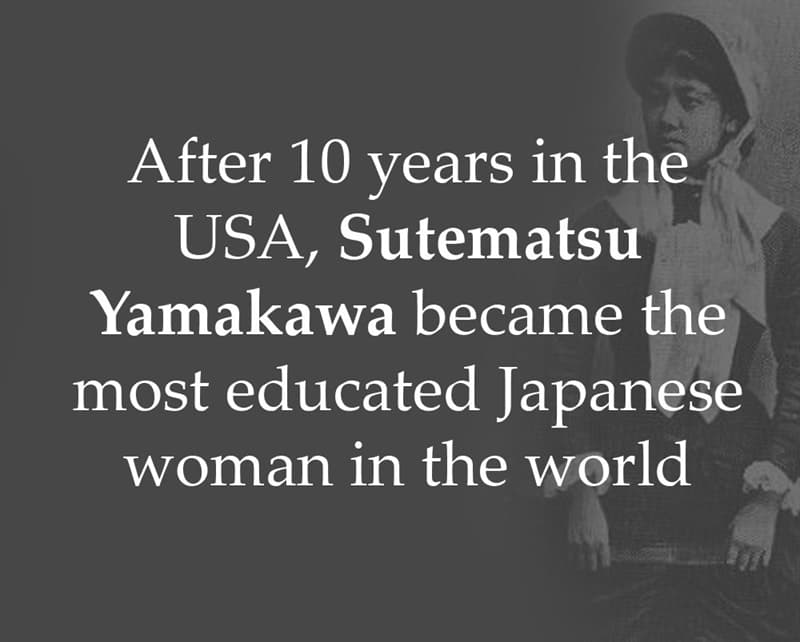The story of this Japanese woman changed her country forever
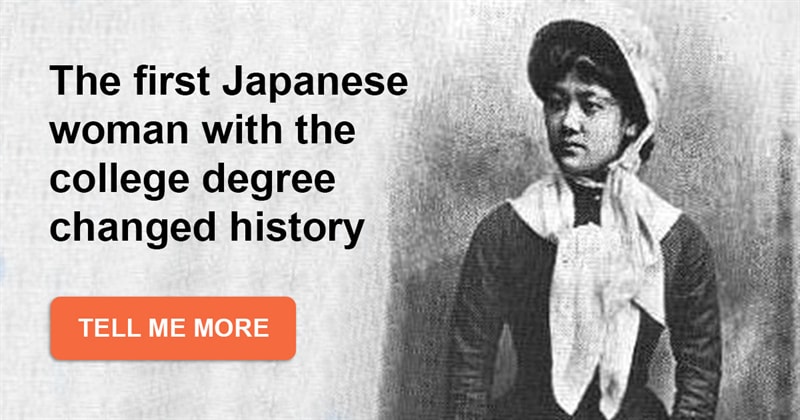
This powerful woman became Japan’s first college-educated female and changed the lives of Japanese women forever, sacrificing her own happiness. Read on to find out more about this inspiring story.
Before 1868, Japan was in a reclusive feudal state for 250 years. The country was isolated from the rest of the world. When the Meiji emperor came to power, the Japanese society started changing and moving to a Westernized form.
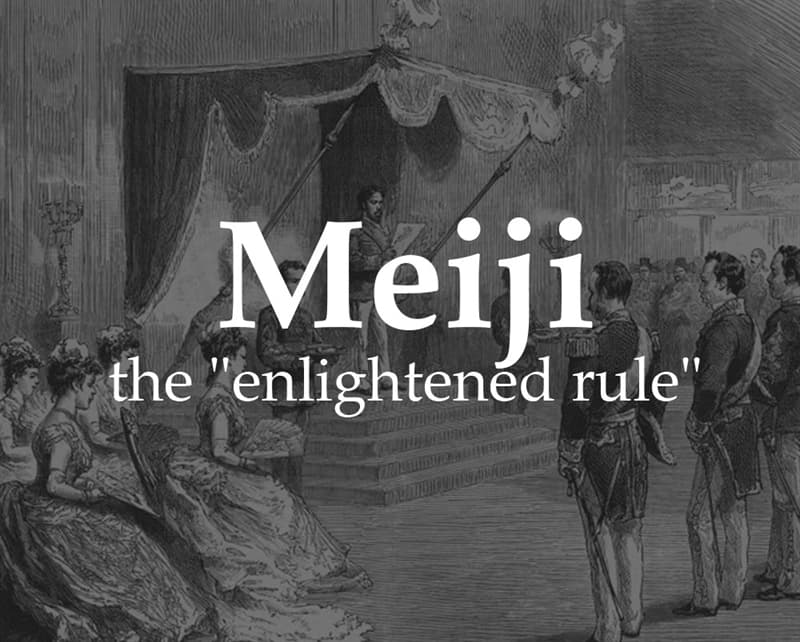
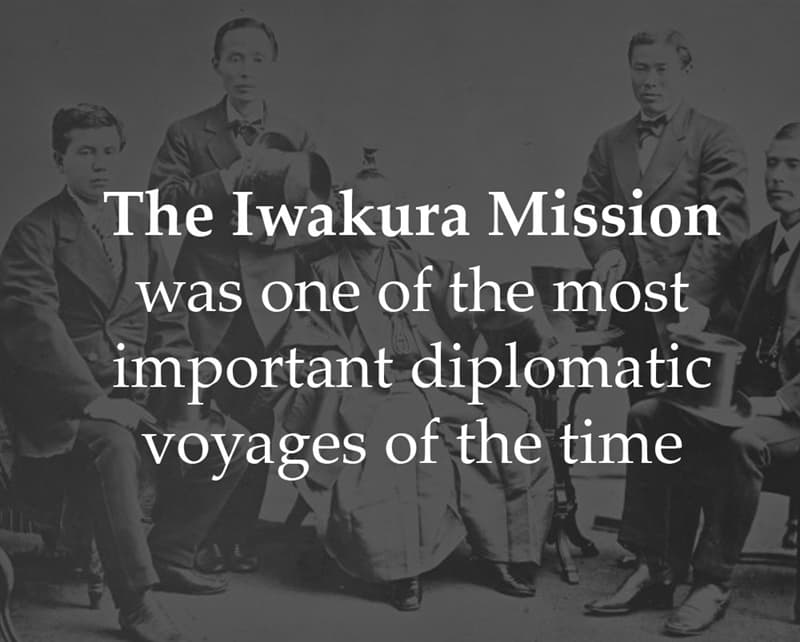
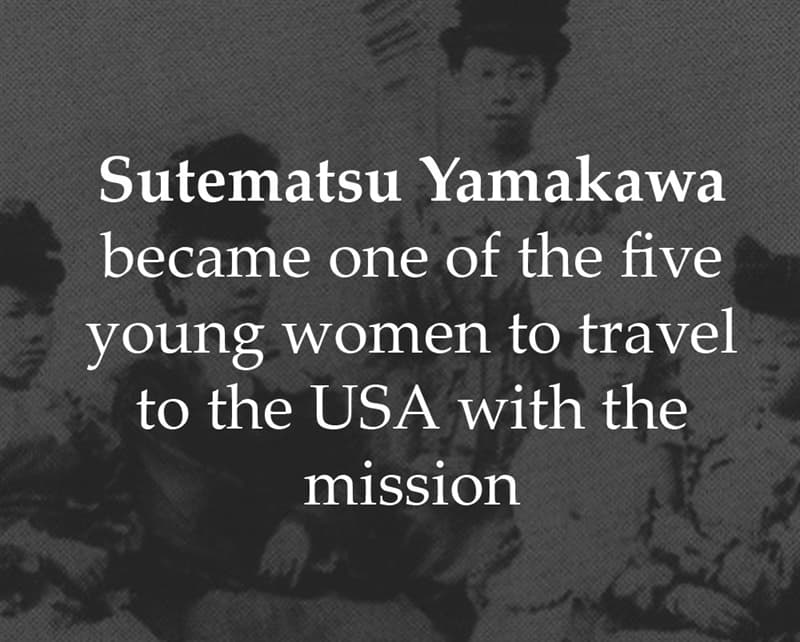
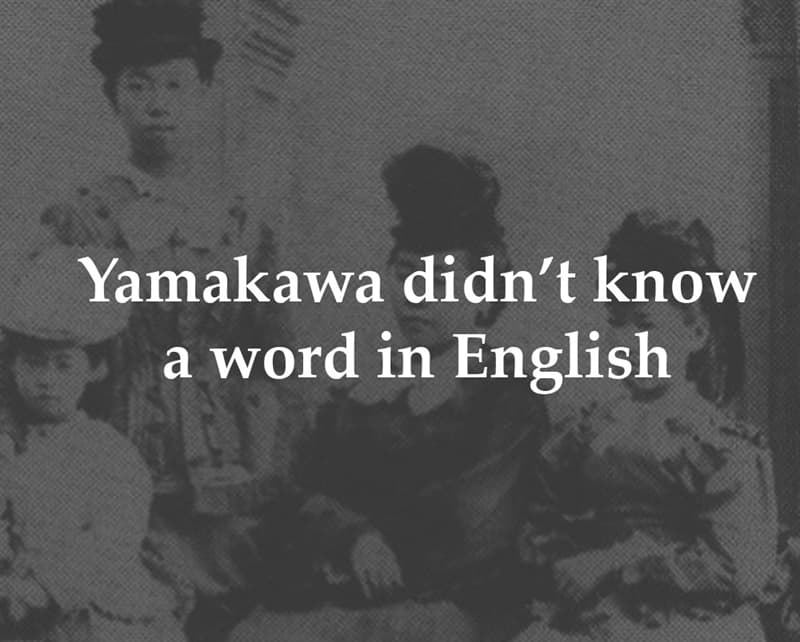
She was left all alone
Shortly after, the girls were separated. The eldest two (aged 16) gave up and returned home. Yamakawa and the other two girls spent another several months in the USA together – they were so afraid they only communicated with each other and didn’t learn any English.
Yamakawa was sent to a foster home and got a new name
All girls were sent to different families in the end. “Sutematsu” was a difficult name to pronounce for Yamakawa’s new guardians, so they gave her a new one – Stemats. Later she was sent to public school.
Sutematsu Yamakawa decided to change the situation
Yamakawa and the other two girls she was sent to the USA with - Shige and Ume - decided to work towards opening a school for girls in Japan. They had a common goal and a plan, but they didn’t have money.
Yamakawa married a man she didn’t love to pursue her dream
Ōyama Iwao was the Imperial Japanese Army general. He was 42 years old. He was a widower and had three children. He married Sutematsu in 1883.
Her new surname was Ōyama, which means “Great Mountain”
And the things Sutematsu did were great. First, she opened a school for noble women. As now she was close to the empress, she became a gossip target. Then her stepdaughter died of illness, and the society blamed Sutematsu. Everyone called her a villain. She was isolated from the people of her country again. But she continued working. She wanted to spread the knowledge and give every woman of her country a choice.

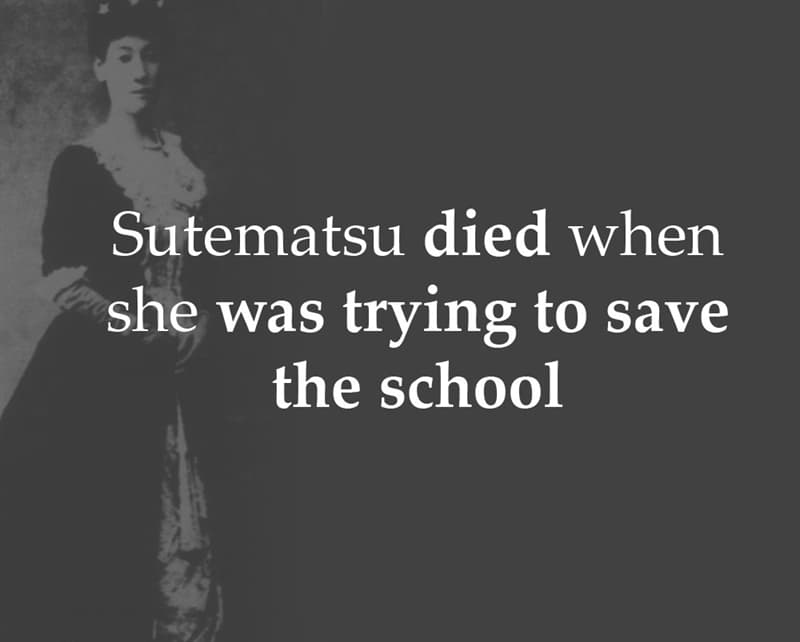
Have you ever heard this story before? Do you know any other interesting facts from women's history? Did Sutematsu's experience inspire you?
We are waiting for your comments!!
SHARE this article with someone who adores HISTORY as much as we do!
#History #Society #inspiration
Faits intéressants
La plus grande ville fantôme du monde
27/03/2020
Ordos - Ville fantôme
Comment se fait-il que les peuples orientaux aient des yeux en amande ?
10/04/2020
La forme en amande typique des populations asiatiques est due à une série de facteurs anatomiques.
Quel est le nom romain de Paris, quelle était sa taille par rapport à Paris aujourd'hui ?
20/04/2020
Paris était Lutèce une ville de province de taille modeste.
La francophonie au Canada va-t-elle disparaitre ?
06/04/2020
À l'extérieur du Québec? C'est fort possible.
Quel dialecte de l'arabe moderne est le plus proche de l'arabe classique littéral ?
15/04/2020
Tous les dialectes ont évolué avec des sustrats locaux.

